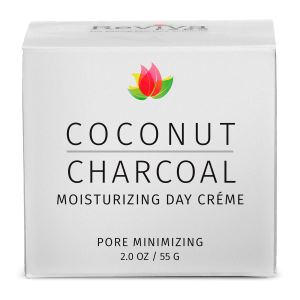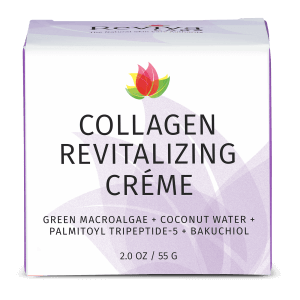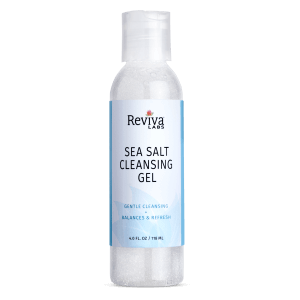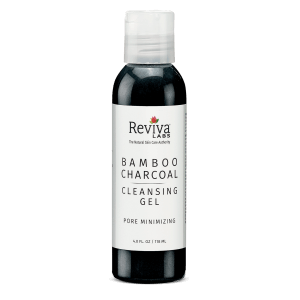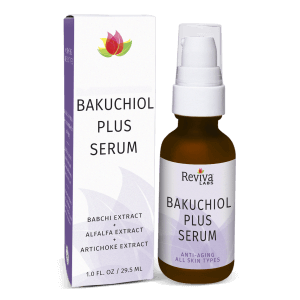Natural, Reviva Labs, Skin Care
How to care for oily skin naturally
Caring for oily skin naturally is an essential aspect of maintaining a healthy complexion and avoiding common skin problems associated with oiliness, such as acne and shininess. This quick guide will delve into various natural methods to manage oily skin effectively, emphasizing techniques that are both gentle and effective.
Understanding Oily Skin
Oily skin is characterized by an excess production of sebum, the natural oil produced by the skin’s sebaceous glands. While sebum is crucial for keeping the skin hydrated and healthy, excessive amounts can lead to clogged pores, acne, and an undesirable shiny appearance. The causes of oily skin can vary and include genetic factors, hormonal changes, stress, and environmental influences. Understanding the underlying causes of your oily skin is the first step in determining the most appropriate natural care routine.
The Importance of Gentle Cleansing
Cleansing is a fundamental aspect of any skincare routine, especially for those with oily skin. However, it’s crucial to use gentle, natural cleansers as harsh products can strip the skin of its natural oils, triggering an overproduction of sebum as a response. Opt for natural cleansers containing ingredients like tea tree oil, which is known for its antibacterial properties, or honey, which is both soothing and antimicrobial. Cleansing twice a day – in the morning and before bed – is usually sufficient to keep the skin clean without over-drying it.
Balancing the Skin’s pH
The pH level of your skin plays a pivotal role in its health. Oily skin often has a higher pH level, which can lead to acne and irritation. Using a natural toner, such as rose water or apple cider vinegar diluted with water, can help balance the skin’s pH levels. These natural toners also help tighten pores and reduce the appearance of oiliness. After cleansing, apply the toner with a cotton pad, gently wiping it over the face, avoiding the eye area.
Exfoliation: A Key to Unclogging Pores
Regular exfoliation is crucial for managing oily skin, as it helps remove dead skin cells and unclogs pores. Natural exfoliants like oatmeal, coffee grounds, or sugar mixed with a carrier oil can be effective yet gentle on the skin. It’s important to exfoliate only once or twice a week to prevent irritation, which can stimulate more oil production.
Moisturizing with the Right Products
It’s a common misconception that oily skin doesn’t need moisturizing. All skin types require hydration. The key is choosing the right kind of moisturizer. Look for lightweight, oil-free, and non-comedogenic products that hydrate without clogging pores. Natural ingredients like aloe vera, hyaluronic acid, and squalane are excellent for providing moisture without adding oiliness.
Incorporating Natural Face Masks
Face masks can offer deep cleansing, hydration, and oil control. Natural ingredients like clay, particularly kaolin or bentonite clay, are highly effective for absorbing excess oil and impurities from the skin. Other beneficial ingredients include yogurt, which contains lactic acid that helps exfoliate the skin, and turmeric, known for its anti-inflammatory properties.
Sun Protection for Oily Skin
Sun protection is essential for all skin types, including oily skin. Excess sun exposure can not only lead to skin damage but also stimulate the sebaceous glands to produce more oil. Opt for natural, mineral-based sunscreens that provide protection without clogging pores. Ingredients like zinc oxide and titanium dioxide are effective physical sunscreens.
Diet and Hydration
What you eat and drink can significantly impact your skin’s health. A diet high in fruits, vegetables, whole grains, and lean proteins can promote healthier skin. Foods rich in omega-3 fatty acids, like salmon and walnuts, can help regulate oil production. Additionally, staying hydrated by drinking plenty of water is essential for maintaining the skin’s balance and preventing excessive oiliness.
Stress Management and Oily Skin
Stress can trigger the production of hormones that increase oil production in the skin. Incorporating stress-reduction techniques such as yoga, meditation, or even regular exercise can help manage stress levels, thereby aiding in controlling oil production.
The Role of Sleep in Skin Health
Adequate sleep is vital for overall skin health. During sleep, the skin repairs itself and rebalances hydration. A lack of sleep can lead to increased stress, which, as mentioned, can exacerbate oily skin conditions. Aim for 7-9 hours of quality sleep each night to help your skin rejuvenate.
Natural Ingredients to Avoid
While many natural ingredients are beneficial for oily skin, some can be too harsh or comedogenic (pore-clogging). Avoid heavy oils like coconut oil or cocoa butter, which can exacerbate oiliness and clog pores. Additionally, be cautious with essential oils; some can be irritating to the skin if not diluted properly.
A Balanced Approach is Key
Caring for oily skin naturally requires a balanced approach, focusing on gentle cleansing, proper hydration, and the use of natural ingredients that regulate oil production without over-drying the skin. Incorporating these methods into your daily skincare routine can lead to a noticeable improvement in the appearance and health of your skin. Remember, every skin type is unique, so it may take some time and experimentation to find the perfect natural care routine for your oily skin.







